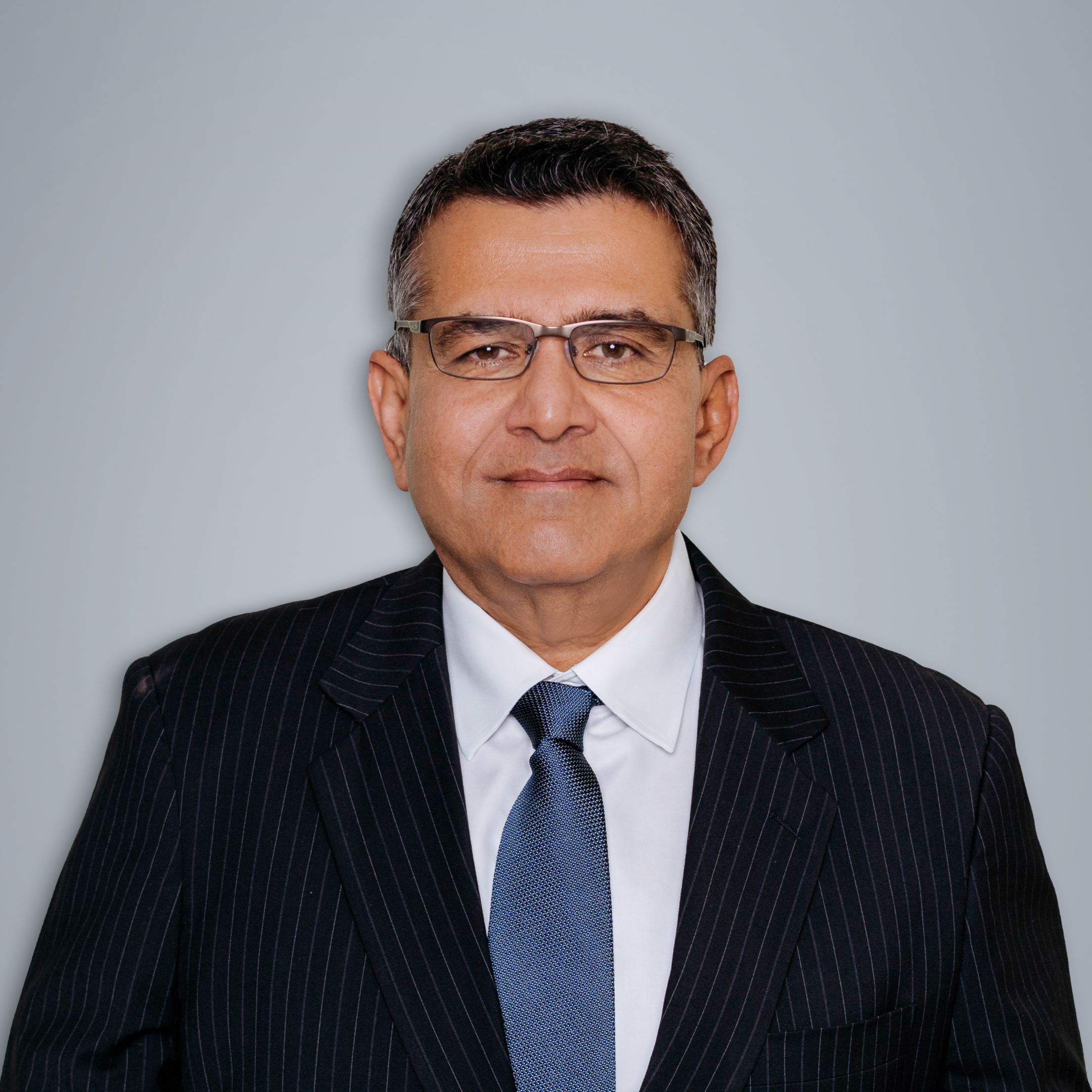Subscribe to our Newsletter to receive the latest updates on our content. By tapping the “Subscribe” button you will be redirected to subscription page. Subscription is free.
Unlike traditional assets which are generally traceable using documents, the main challenge in the process of inheriting cryptocurrency is accessing the deceased’s digital wallet. If the deceased did not leave behind a clue on how to access the digital wallet, then the cryptocurrency will be lost forever.
The Digital Key: No Key, No Coin
Cryptocurrency transactions occur in the blockchain and are irreversible once they happen. Once the digital wallet is created, the safety of crypto-assets in the digital wallet is the responsibility of the person with the digital key.
There are two digital keys: the public key and the private key. Digital wallets have a public key which can be shared with anyone for purposes of transacting on the blockchain. Sharing the public key does not suscept the digital wallet to any risk just like sharing a bank account number with another person does not in itself pose a risk to monies in the bank account. Each wallet also has a unique private key. The private key is basically the wallet and anyone with access can deal with cryptocurrency stored in the wallet. How to access and who has access to the private key will depend on custody of the private key.
There are two main ways to secure the private key, self-custody and third-party custody. If the private key holder suddenly dies or forgets access phrases to the private key, then the crypto wealth is similarly buried with him. It is the private key that the estate’s personal representatives will need to access the deceased’s cryptocurrency as part of the probate process.
Self-Custody
People with self-custody have invented all sorts of treasure games to ensure they have access and security to their digital wallets when alive. In addition, they attempt to put in place processes of allowing access to their loved ones to the digital wallets in case of their demise. Some methods used include writing the private key on paper and cutting the paper into several pieces and handing over each piece to different trusted people. These people would then be mentioned in the will and come together so that the private key becomes available. The risk of such a setup is that one person may lose his piece of paper.
Third Party Custody
Third party custody is a crypto-asset solution that is provided by independent institutions which are appointed by a crypto investor to hold the private key. Third-party custody of the private key may either be with the crypto exchange (exchange wallet) or a dedicated third-party custodian.
Third-party custodians would be subject to laws regulating crypto-assets in the jurisdiction in which the third party custodian is based and therefore there is the possibility for an account to be sanctioned for non-compliance with laws. Recently, in addition to freezing bank accounts and GoFundMe accounts connected to protesting truck drivers, the Canadian authorities also sanctioned crypto wallets which were linked to truck drivers. As a result of this, the truck drivers were unable to access funds from the various sources available to them.
Where cryptocurrencies are entrusted with a third-party custodian the personal representatives will need to inform the third-party custodian who upon being satisfied with relevant documentation and probate formalities being completed would release the cryptocurrency account to the personal representatives.
A Balancing Act
The case of the secretive billionaire Mathew Mellon, who held much of his wealth in cryptocurrency, is just one of the many examples showing the immense difficulty personal representatives encounter in tracing a deceased’s crypto-assets. Holding cryptocurrencies requires a balancing act between privacy, control and succession bearing in mind the significant risk of loss if some sensible planning is not put in place. Regardless of whether the asset is under third party custody or self-custody, a person investing in cryptocurrencies must always bear in mind the challenges of holding such assets and devise an effective succession plan so that on death the crypto-assets are not buried with the investor.
Should you have any questions regarding the information in this legal alert, please do not hesitate to contact Atiq Anjarwalla or Mona Doshi.

